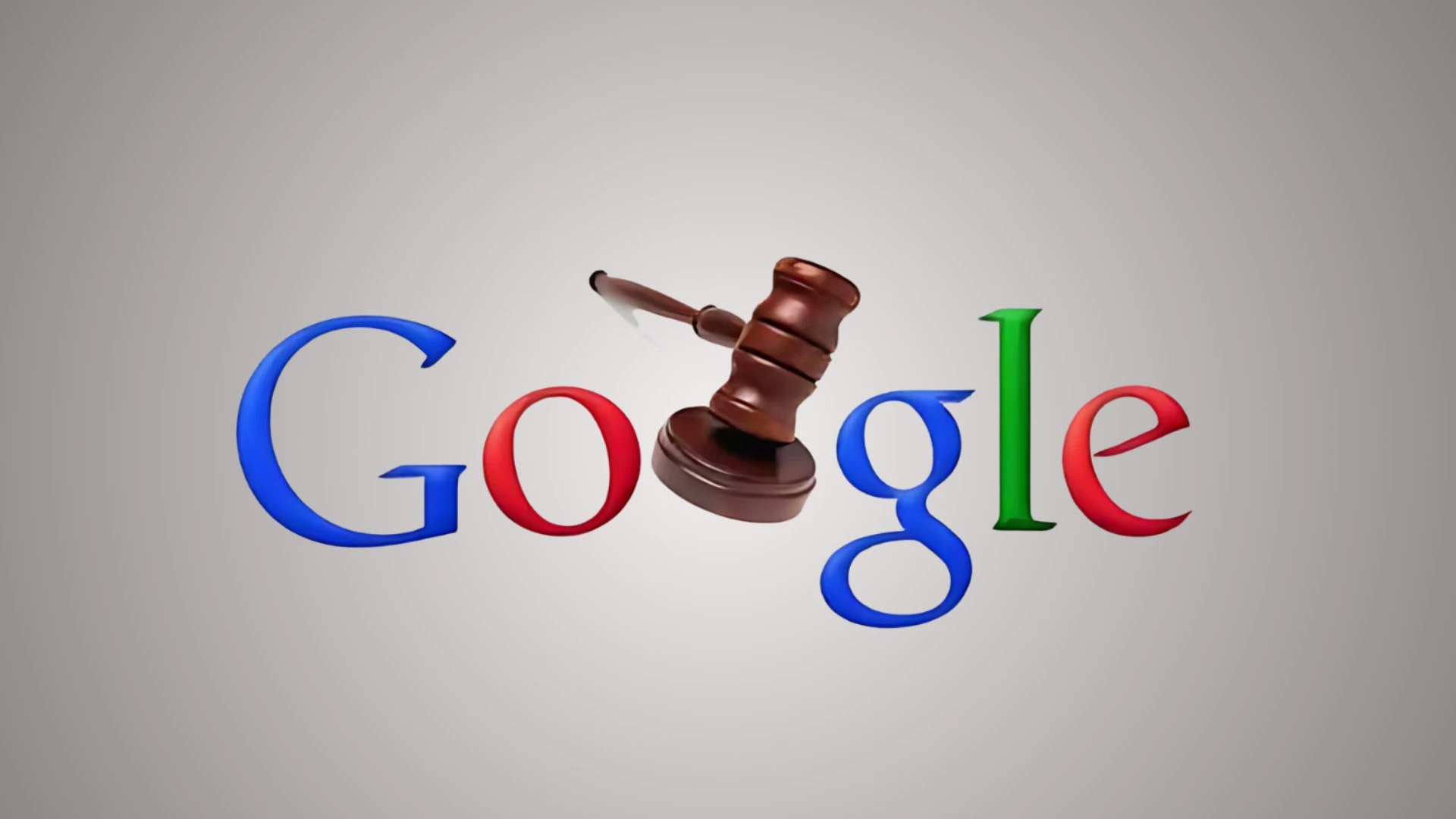US Judge Declares Google’s Search Monopoly Illegal

Google's Antitrust Violation: A Deep Dive
Section 2 of the Sherman Act
In his decision,Judge Amit Mehta determined that Google had violated Section 2 of the Sherman Act, which prohibits monopolistic behavior. The court found that Google had paid large sums of money to smartphone carriers, like Apple, to guarantee that Google was the default search engine on their handsets, thus illegally securing its dominance in the search industry. By doing this, rivals were essentially prevented from entering the market.
The Impact of Default Search Agreements
During the 10-week trial in Washington, D.C., where the Justice Department and other state attorneys general presented evidence of Google's anti-competitive conduct, these agreements were a major point of focus. The internet behemoth put up formidable obstacles for any other search engines hoping to compete by spending billions to have Google set as the default search engine on widely used devices.
Judge Mehta's Findings
During the 10-week trial in Washington, D.C., where the Justice Department and other state attorneys general presented evidence of Google's anti-competitive conduct, these agreements were a major point of focus. The internet behemoth put up formidable obstacles for any other search engines hoping to compete by spending billions to have Google set as the default search engine on widely used devices.
Potential Remedies and Future Actions
The verdict allows for future steps to address Google's monopoly, even if it did not prescribe any urgent remedies. Orders to change its business operations to more drastic actions like dismantling portions of the organization are examples of potential measures. Subsequent processes will ascertain the precise nature of these remedies.
Google's Response and Appeal
Google responded to the decision by highlighting the favorable characteristics of its search engine's popularity and quality that the judge had pointed out. "This decision recognizes that Google offers the best search engine, but concludes that we shouldn't be allowed to make it easily available," said Kent Walker, Google's head of worldwide affairs. Google intends to challenge the decision, concentrating on the claim that its supremacy stems from offering a better product.
Justice Department's Victory
The Justice Department celebrated the ruling as a landmark victory for the people of the United States. Attorney General Merrick Garland stressed that no business is above the law, regardless of its size or level of influence. The decision is regarded as a critical step toward encouraging innovation and safeguarding Americans' access to information.
What's Next for Google?
In the continuous examination of the business operations of digital companies, the decision against Google represents a major turning point. The tech sector and the general public will be keenly observing the case to see how regulators implement this ruling and what it means for competition in the digital age going forward.
Conclusion
An important turning point in the ongoing fight to control big tech and maintain fair competition has been reached with the federal judge's decision against Google. The case's ramifications will become evident as it progresses, and they might significantly alter the digital market environment going forward for Google, the IT sector, and consumers.
FAQs
What did the judge find Google guilty of?
Judge Amit Mehta found that Google violated Section 2 of the Sherman Act by using anti-competitive practices to maintain its monopoly in the online search market.
What were the specific anti-competitive practices Google engaged in?
Google was found to have secured its dominance by paying billions of dollars to smartphone carriers like Apple to ensure Google was the default search engine on their devices, blocking competitors from entering the market.
What could be the potential remedies for Google's monopoly?
Potential remedies could include altering Google's business practices or more drastic measures like breaking up parts of the company. These decisions will be made in subsequent court proceedings.
How did Google respond to the ruling?
Google highlighted the judge's positive comments about the quality and popularity of its search engine and announced plans to appeal the ruling.
Why is this ruling significant for the Justice Department?
The ruling is a landmark victory for the Justice Department, demonstrating that even the largest tech companies are subject to antitrust laws and reinforcing efforts to promote competition and innovation.
What are the broader implications of this ruling for the tech industry?
This ruling could lead to increased scrutiny of other tech giants' market practices and potentially pave the way for more rigorous enforcement of antitrust laws in the digital age.

